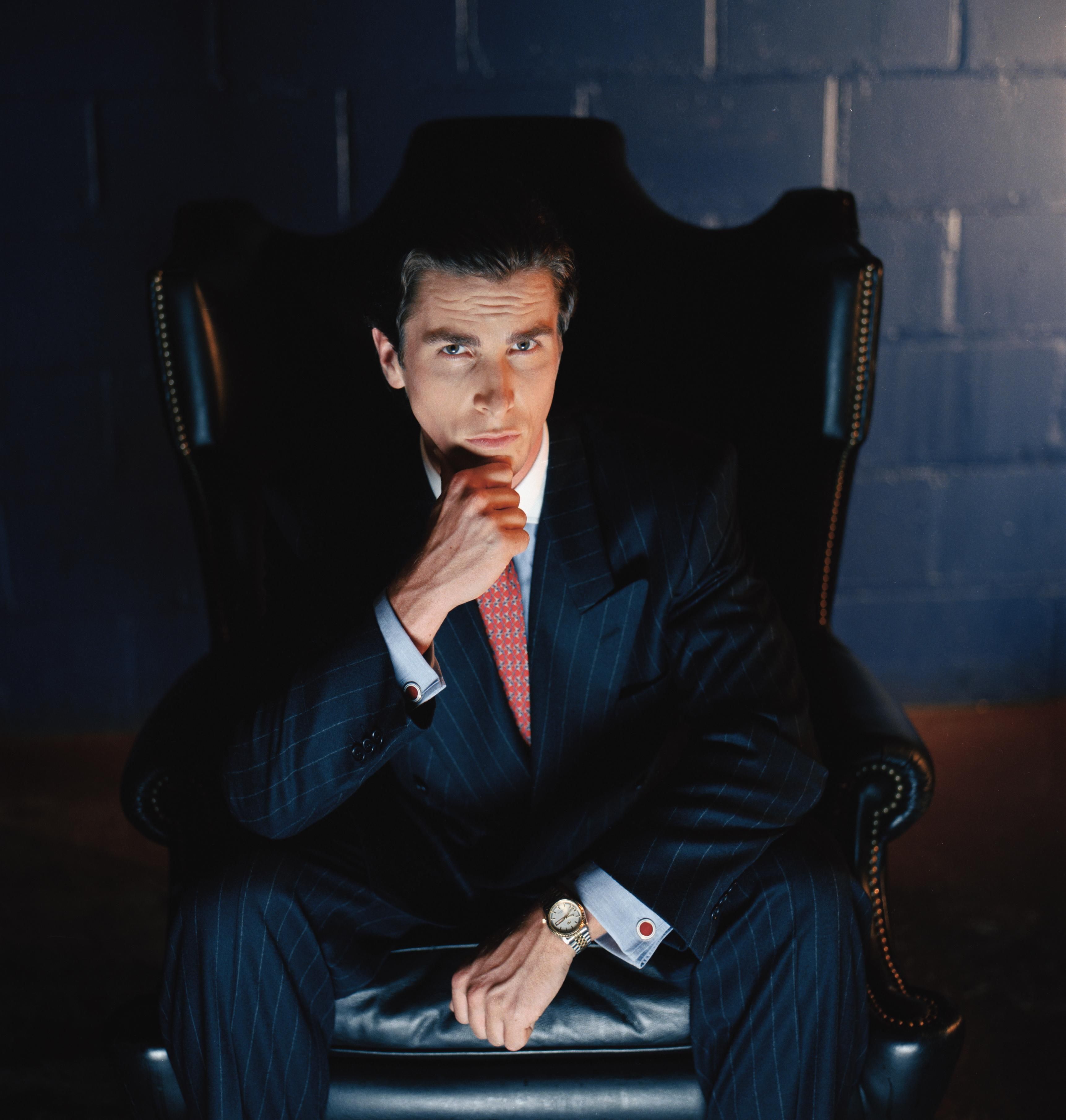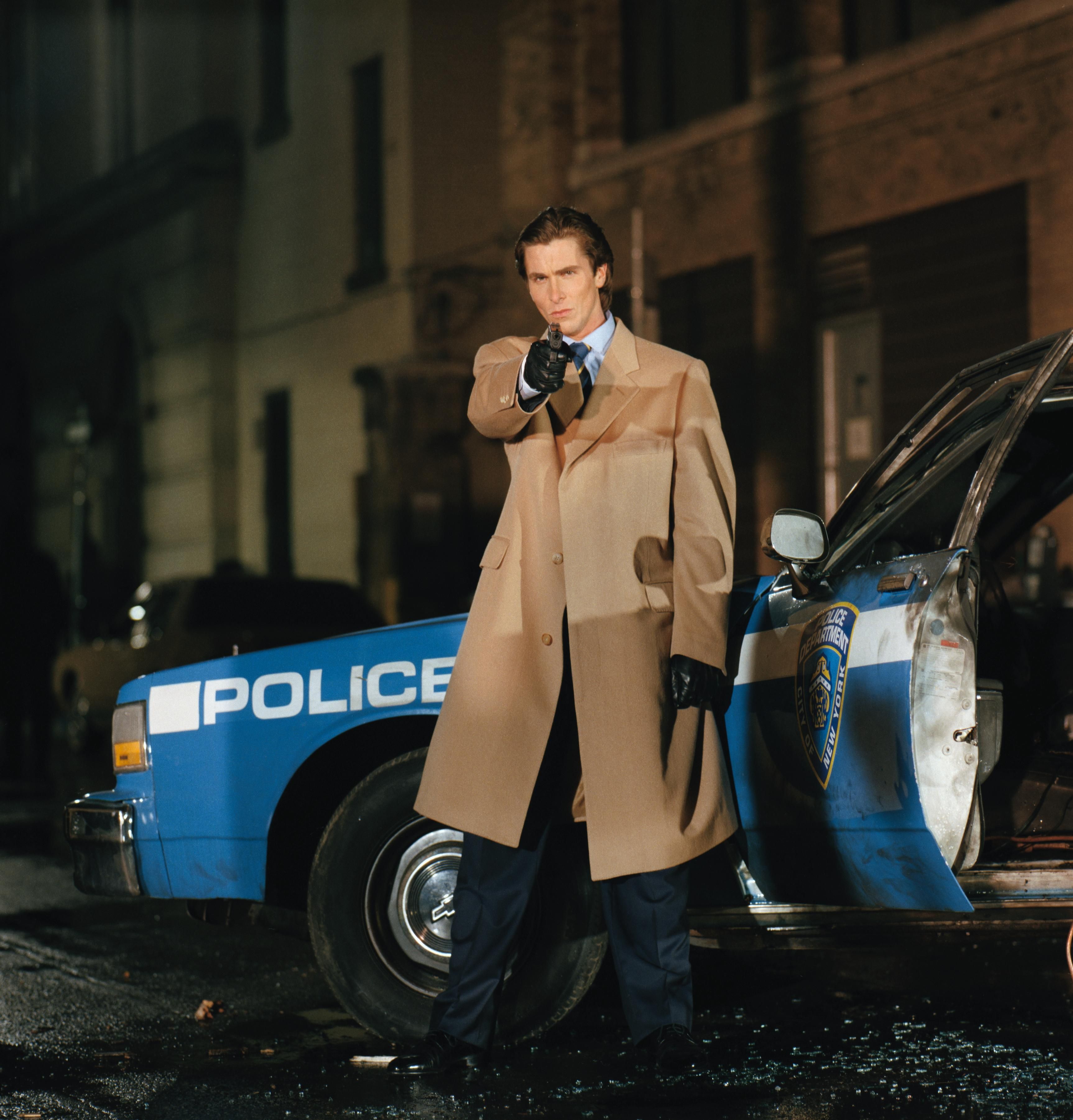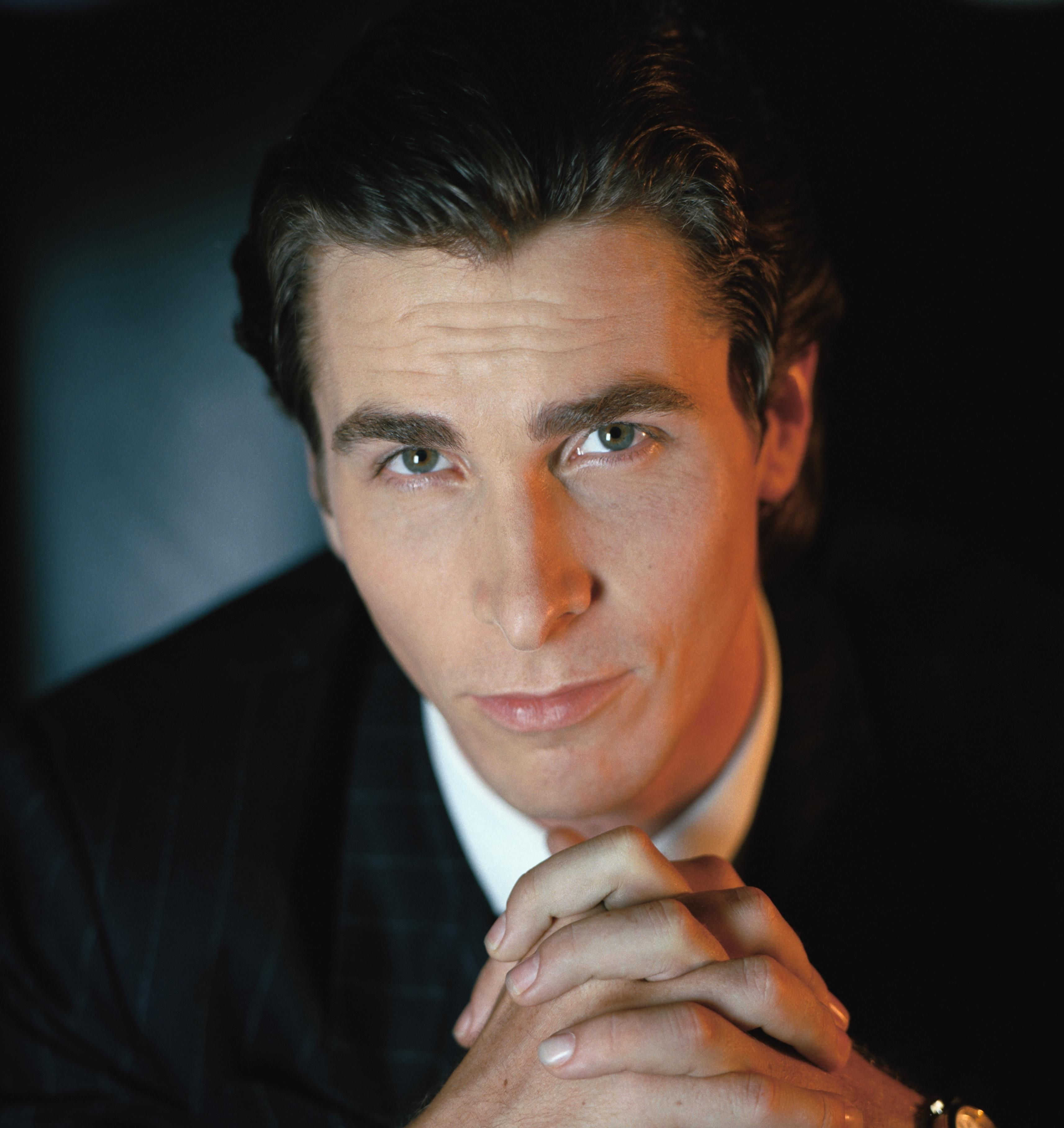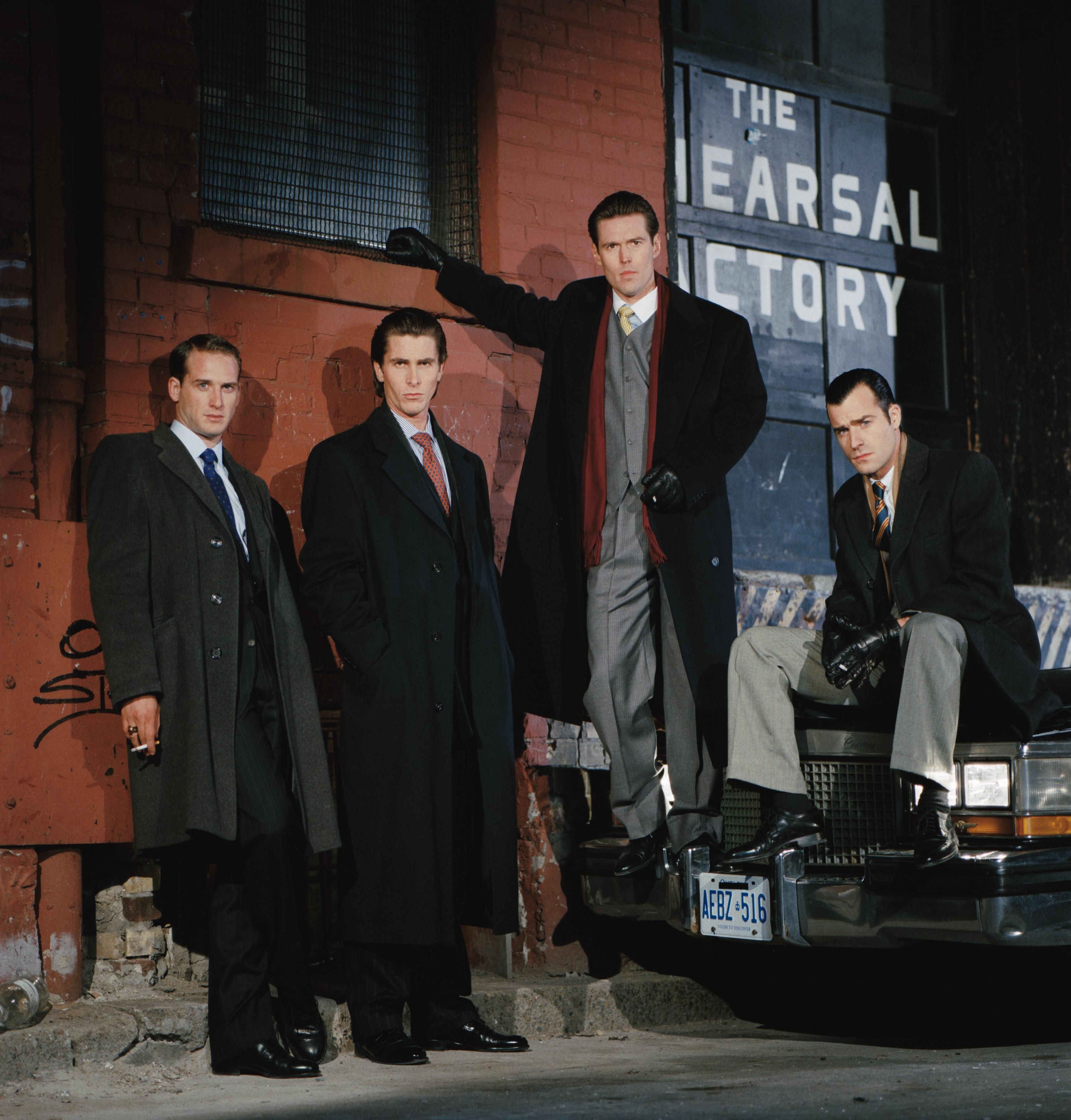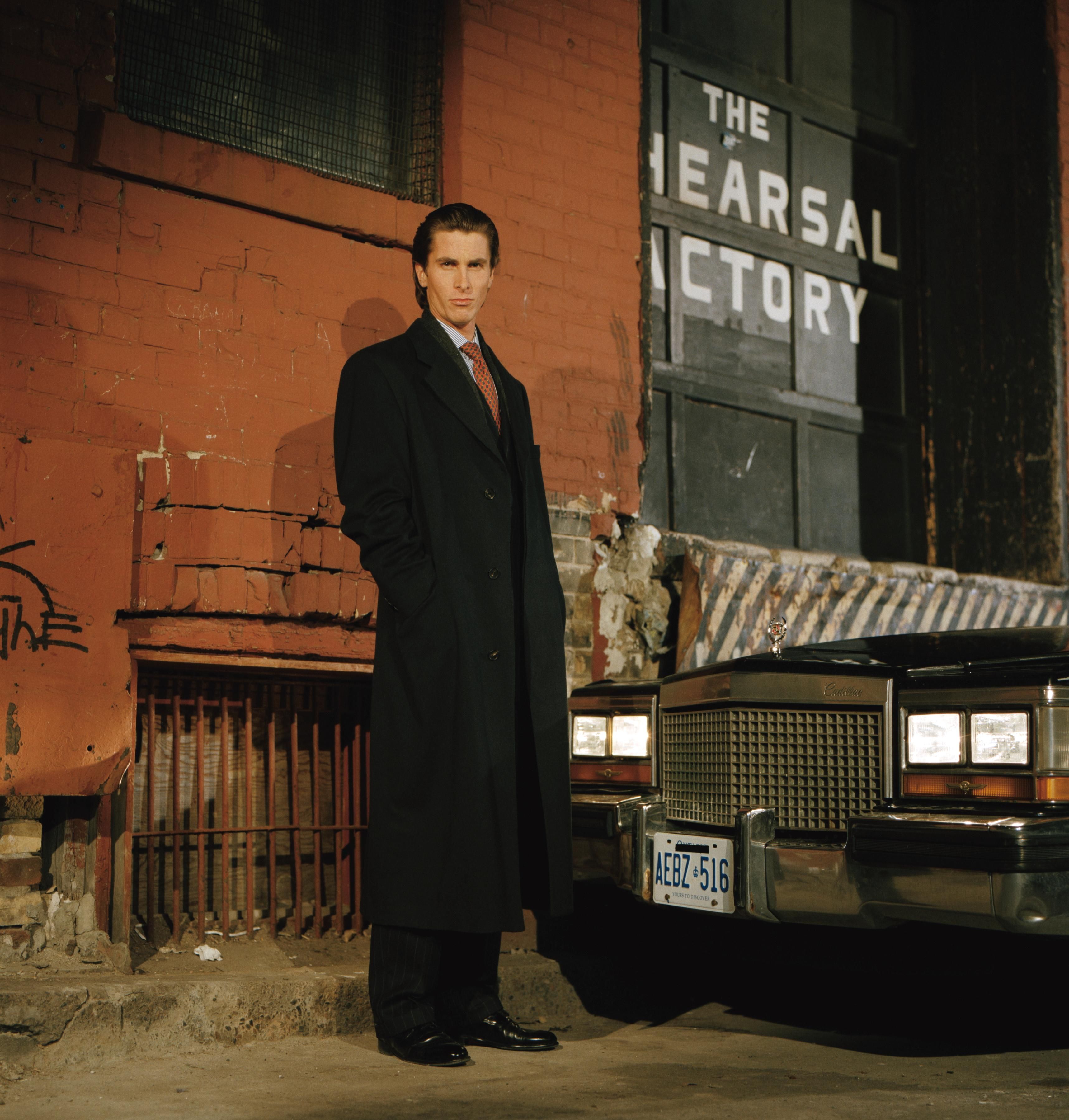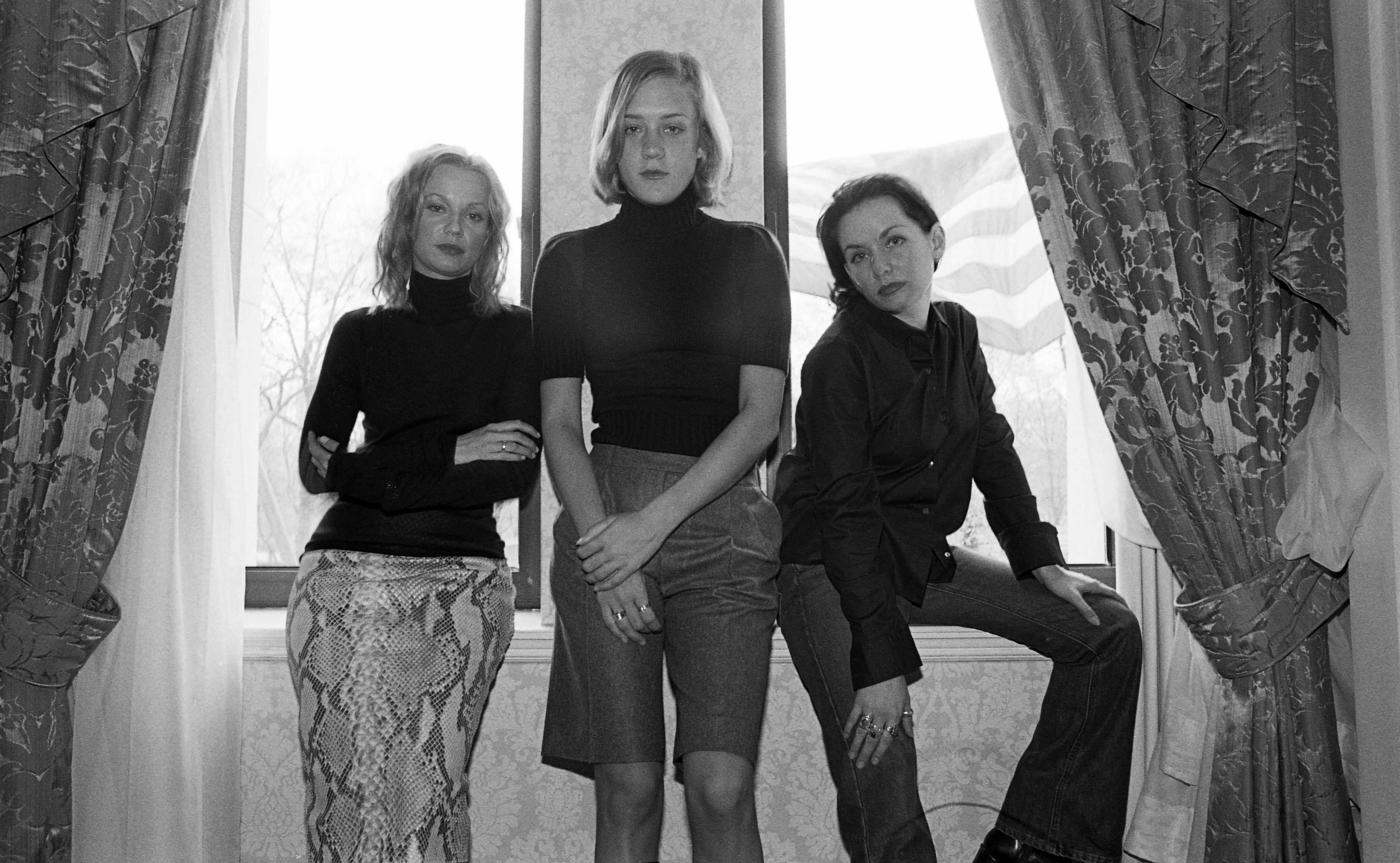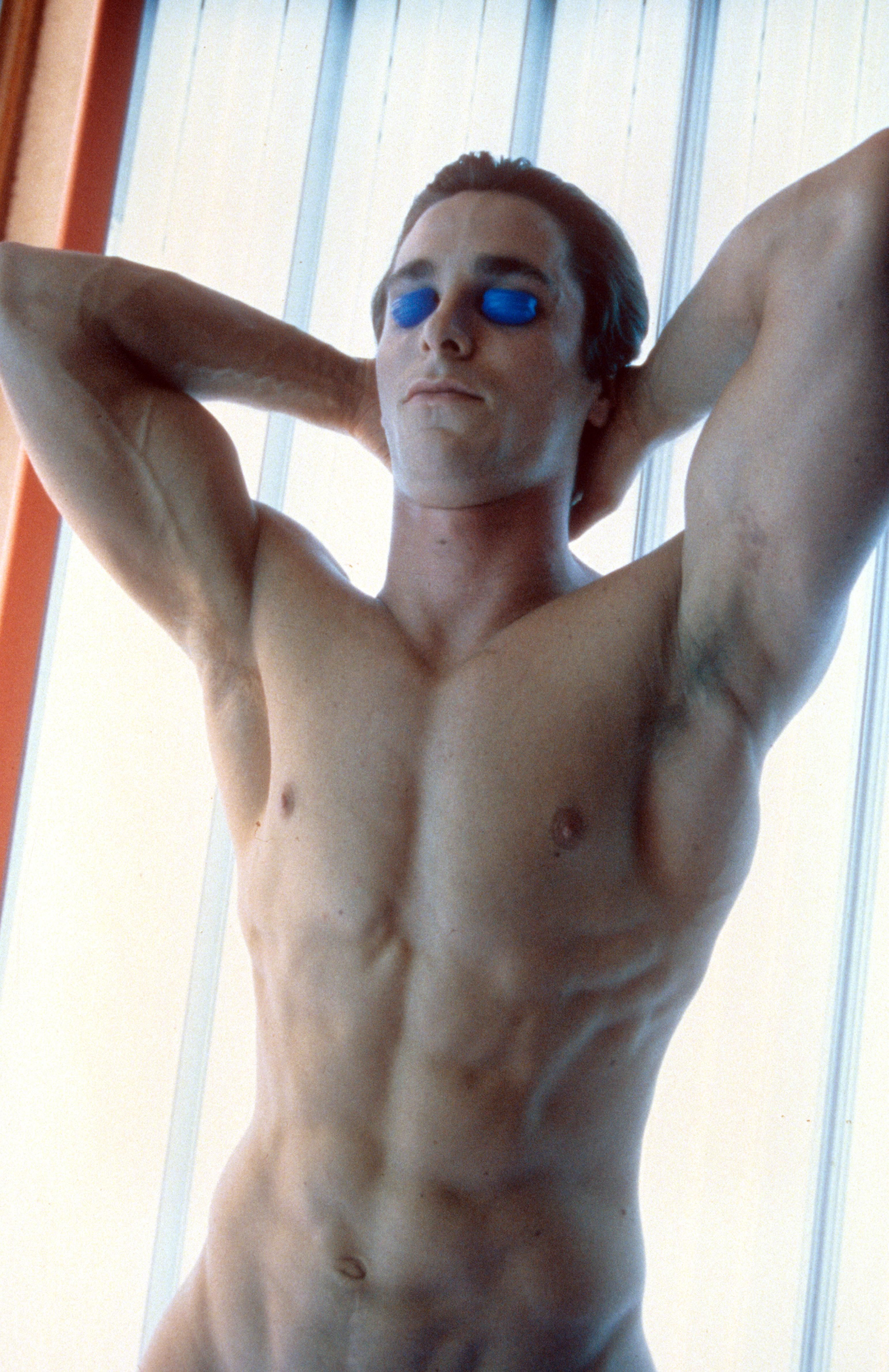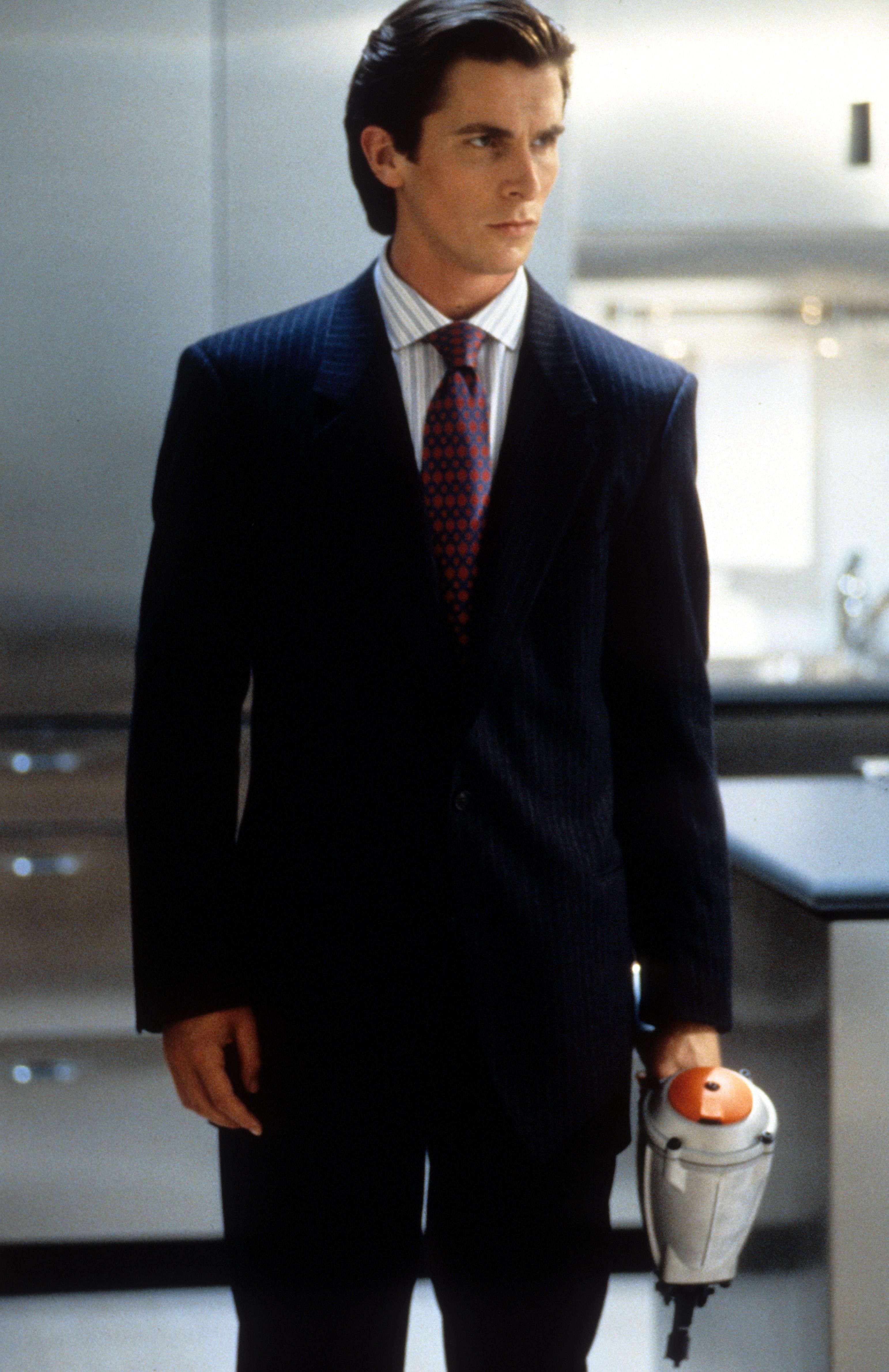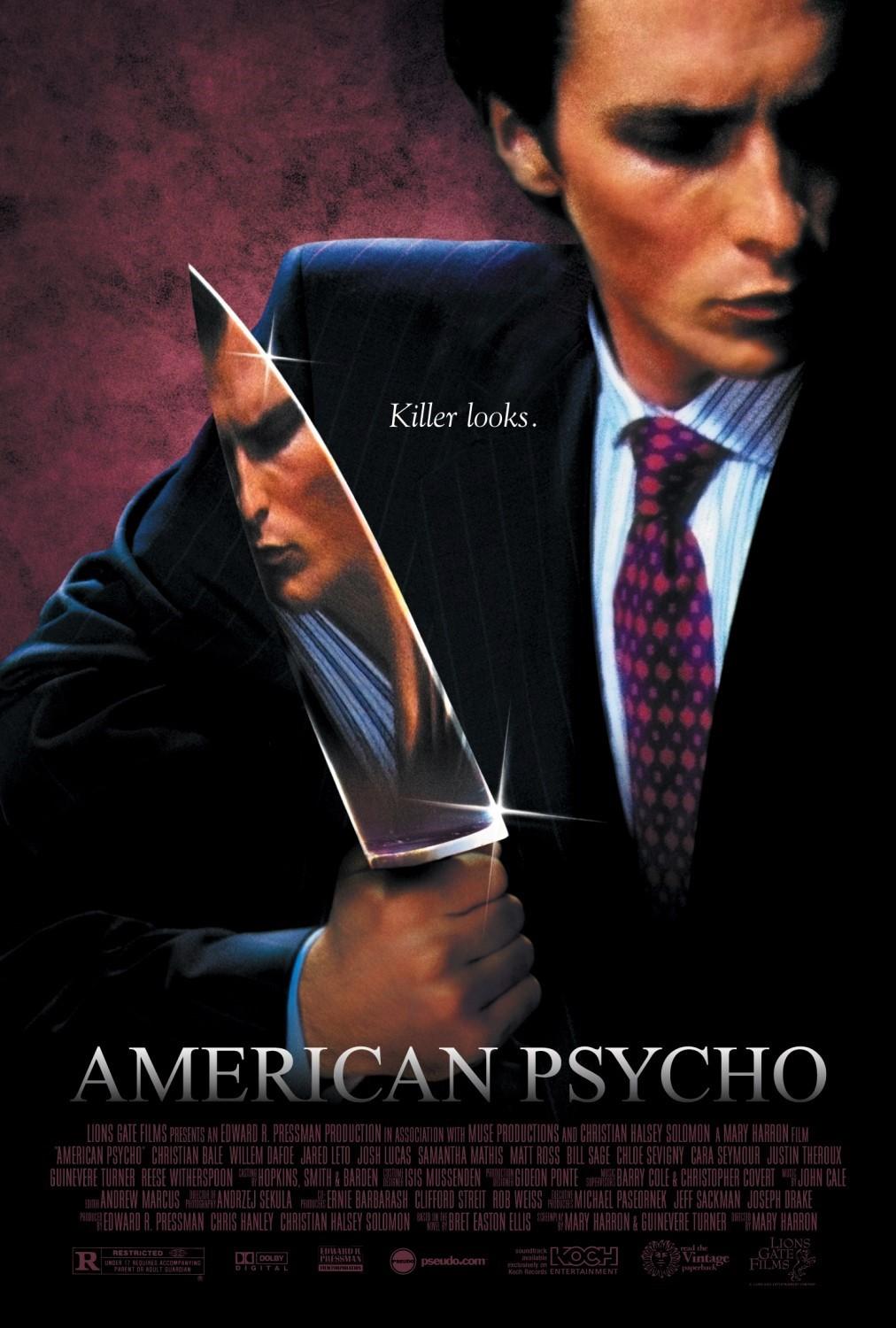Synopsis
In the opulent world of 1987 New York City, Patrick Bateman (Christian Bale) is the embodiment of Wall Street success, leading a life saturated with wealth, luxury, and casual cruelty. An elite investment banker by day and an enigmatic figure by night, Bateman's existence is a polished façade, meticulously maintained through a daily routine that’s as exacting as it is superficial. His universe is awash with designer suits, exclusive reservations at the city's trendiest eateries, and a music library featuring the likes of Huey Lewis, Phil Collins, and Whitney Houston, each serving as the rhythm to his complex inner world.
Bateman's social circle reflects his contempt for those around him, despite the appearances he upholds for his fiancée, Evelyn (Reese Witherspoon), and associates he can barely tolerate. Beneath the surface lies a darker current, revealed through his affairs, such as the secretive liaison with Evelyn's friend, Courtney (Samantha Mathis). Yet, it's Paul Allen's (Jared Leto) apparent superiority that sparks Bateman's chilling pivot from disdain to violence, leading to a meticulously planned and haunting act of murder shielded by misidentification and distance.
As Bateman navigates his dual existence, he entangles himself in a web of deception, misappropriating identities and motives. His encounter with private detective Donald Kimball (Willem Dafoe), tasked with unraveling Allen's disappearance, layers tension into Bateman's already tenuous grip on reality. Meanwhile, a shiftless pursuit of hedonism ensues, involving vulnerable counterparts caught in Bateman's orbit, coerced into his night of warped indulgence and tortured pleasure.
Conflicting impulses and desire shadow Bateman's interactions, such as a perilous dinner invitation to his unsuspecting secretary, Jean (Chloë Sevigny), and an unsettling incident with a colleague in a restaurant's restroom, mistaken for an overture of affection rather than attack. Each moment compounds Bateman's escalating descent into a chaotic and unchecked inner turmoil, as he vacillates between moments of impending violence and a forced semblance of normalcy.
Amid this maze of split realities, Bateman encounters chaos—a breathless chase, gunfire, and spontaneous destruction that defy containment or consequence. In a feverish confession to his attorney, muddled identities and supposed transgressions converge into a single plea for recognition or retribution that remains unmet.
Yet the ultimate irony persists: as Bateman returns to a seemingly unchanged world, the veneer of civility remains unbroken. Sterling white collars and detached camaraderie persist as Bateman questions the reality of his actions within this fractured self-discovery. His narrative crescendos in the chilling realization that he remains unaccountable, adrift in a life where consequences dissolve into whispers, leaving his confession as hollow and unrevealing as the world he inhabits.
Argument
The 1987 psychological thriller "American Psycho" sits at the crossroads of capitalist critique and chilling narrative, as it meticulously chronicles the life of Patrick Bateman, a wealthy New York investment banker portrayed with eerie precision by Christian Bale. Bateman epitomizes the quintessence of the superficial materialism that dominated that era, frequently immersing himself in the exhilarating yet hollow world of high-end dining establishments and the pursuit of a flawless public image for both his fiancée, Evelyn (played by Reese Witherspoon), and his equally affluent, albeit vacuous, circle of acquaintances.
Bateman’s existence is a testament to the era's obsession with status and appearance, as observed through his lavish indulgence in luxurious possessions. His life is a montage of morning exercises, elaborate grooming rituals, and the pursuit of sartorial elegance through expensive, designer attire, all of which coexist seamlessly with his well-curated collection of music by artists like Huey Lewis and the News, Phil Collins, and Whitney Houston. These material perfections, however, merely cloak his inner turmoil, suggesting a deep-seated dissatisfaction with the sterile opulence that saturates his environment.
This disillusionment is further highlighted by Bateman’s romantic entanglements, which paint a canvas of betrayal and deceit. While maintaining a façade of commitment to Evelyn, he indulges in a surreptitious affair with Courtney (Samantha Mathis), Evelyn’s friend, whilst Evelyn herself is entangled with Bateman's coworker Timothy (Justin Theroux). The complex web of infidelity extends to Courtney, who is engaged to another colleague, Luis Carruthers (Matt Ross), a man who exhibits subtle homosexual tendencies. These intricate relationships demonstrate the underlying hollowness and lack of genuine connections that characterize Bateman's social landscape.
The narrative arcs into a darker territory when Bateman's vanity leads to the fatal encounter with his coworker, Paul Allen (Jared Leto), whose superiority in trivial aspects like business cards incites Bateman’s envious wrath. After a Christmas party, Bateman's interactions with Paul, who mistakenly identifies him as another colleague, devolve into an act of extreme violence. In a disturbing symphony of psychopathy, Bateman axes Paul to death as "Hip to Be Square" reverberates through the room, seamlessly blending his obsession with 80s pop culture into his macabre activities. The meticulously planned illusion of Paul’s impending departure to London following this murder unveils Bateman's cunning, as he lays the groundwork for a sinister charade.
The subsequent investigation by private detective Donald Kimball (Willem Dafoe) serves not as a pursuit of justice, but rather as a narrative device amplifying Bateman’s escalating paranoia and detachment from reality. This introspection into Bateman’s psyche is then punctuated by his exploitative interactions with prostitutes Christie (Cara Seymour) and Sabrina (Krista Sutton). His monologue regarding the evolution of the band Genesis from progressive rock to pop rock provides a parallel to Bateman’s own transformation, yet culminates in a night of savagery that leaves the women by morning, visibly battered and traumatized.
Further entwining personal loathing with homicidal intent, Bateman’s failed attempt to strangle Luis in a restaurant restroom—interpreted by Luis as an amorous advance—places Bateman at a psychological impasse. His aversion to killing Luis reveals a sliver of self-restraint, yet isolation and mania quickly reclaim dominance as he spirals deeper into uncontrollable urges. This crescendo peaks with the murder of a model and the subsequent pseudo-romantic dinner invitation extended to his secretary, Jean (Chloë Sevigny), underscoring Bateman's continuous oscillation between violence and banal normalcy.
The narrative reaches a climax in Gauguerie Turner’s Elizabeth and Christie reprising their roles in Bateman’s deadly fantasies. Elizabeth’s murder continues the story's trajectory into chaos, with Christie witnessing the horrors of Bateman’s deranged world as she flees through halls of death. The nerve-wracking pursuit in which a naked Bateman yields a chainsaw transcends horror, suspending disbelief as Christie meets a fatal end at Bateman’s calculated hand.
As Bateman’s life teeters between euphoria and horror, his engagement with Evelyn crumbles, severed by his embrace of insanity. His misinterpretation of the ATM’s command to execute a kitten precipitates another brutal act, revealing a profound detachment from moral cognition, while a consequent police pursuit reveals Bateman’s skewed perception of reality as he blows up police cars with fatal ease.
In the denouement, Bateman's desperate phone confession to his lawyer Harold (Stephen Bogaert) crystallizes his unraveling, yet in a cruel twist of absurdity, Harold dismisses the apparent confession as a mere jape, exacerbating Bateman's alienation. In scrutinizing Paul's immaculate, vacant apartment—an anomaly in Bateman’s mind—the protagonist is confronted with the void of consequence, a psychological purgatory affirming the futility of justice in a world bereft of moral reckoning.
The film concludes with Jean’s harrowing discovery of Bateman’s journal filled with grotesque depictions of his psyche’s malignancy, yet it is Bateman’s chilling final monologue that leaves a haunting resonance: an admission that his actions and these confessions may never yield penance or acknowledgment. Bateman’s grim realization perpetuates "American Psycho" as a profound critique of identity and the existential barrenness lurking beneath a surface of hedonistic indulgence.
Cast

Christian Bale
Patrick Bateman

Justin Theroux
Timothy Bryce

Josh Lucas
Craig McDermott
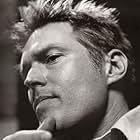
Bill Sage
David Van Patten

Chloë Sevigny
Jean

Reese Witherspoon
Evelyn Williams

Samantha Mathis
Courtney Rawlinson

Matt Ross
Luis Carruthers

Jared Leto
Paul Allen

James Franco
Donald Kimball

Cara Seymour
Christie

Guinevere Turner
Elizabeth

Stephen Bogaert
Harold Carnes

Monika Meier
Daisy

Reg E. Cathey
Homeless Man

Blair Williams
Waiter #1

Marie Dame
Victoria

Kelley Harron
Bargirl
Multimedia


